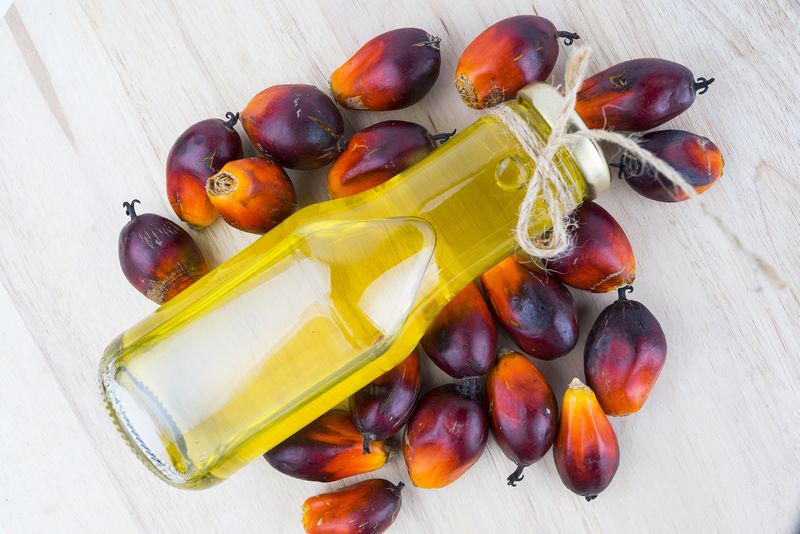Indonesia pushes for lower U.S. tariffs with palm oil export offer

Ambassador of the Republic of Indonesia to the United States, Dwisuryo Indroyono Soesilo, revealed that the Indonesian delegation is proposing palm oil exports as part of efforts to further reduce the current 19 percent U.S. reciprocal tariffs.
In an exclusive interview with ANTARA in Jakarta on Tuesday, Ambassador Soesilo explained that in the second week of September, the Indonesian delegation will propose a tariff reduction by offering several key commodities not produced in the United States, with palm oil among the top items.
“For the moment, Indonesia will propose reduced tariffs for commodities that are not produced in the U.S. For example, the U.S. needs a lot of palm oil. So, if we export palm oil, hopefully the tariff will not remain at 19 percent but will be reduced further,” he stated.
Other commodities Indonesia intends to propose include shrimp — which already accounts for nearly US$2 billion in exports — as well as timber, furniture, copper, and nickel. The ambassador also highlighted opportunities to boost exports in the garment and apparel sectors, noting that the U.S. holds a large market for these products.
“Actually, Indonesia has a very good competitive edge to increase our textile, apparel, and garment exports to the U.S. From our side, let’s work more efficiently. Our exports in this sector can be expanded,” Soesilo added.
Although he did not confirm whether Indonesia is aiming for a zero percent tariff, he emphasized the hope that by offering key export commodities, Indonesia believes the reciprocal tariff can be reduced again.
“We will see. Let us give our delegation in the U.S. time to discuss with their counterparts to find the best way forward for both countries,” he remarked.
Soesilo also shared that Indonesia’s exports to the U.S. reached US$26 billion in 2024, compared to US$10 billion in U.S. exports to Indonesia, resulting in a significant US$16 billion surplus for Indonesia.
Regarding the reciprocal tariffs imposed by the U.S., the ambassador noted that both nations share the goal of creating a more balanced trade relationship.
“That means Indonesia has a surplus of US$16 billion. The U.S. would like to see more balance, but Indonesia also wants growth. Both sides should find ways to achieve this together,” he said.
The current 19 percent reciprocal tariff on Indonesian imports to the U.S. is already a reduction from the original 32 percent, a result of direct communication between President Prabowo Subianto and U.S. President Donald Trump.
Although the 19 percent tariff has been in effect since August 7, Indonesia continues negotiations in Washington, D.C., aiming for a zero-tariff arrangement for certain products, as the U.S. remains open to dialogue.
For almost 30 years of expertise in the agri markets, UkrAgroConsult has accumulated an extensive database, which became the basis of the platform AgriSupp.
It is a multi-functional online platform with market intelligence for grains and oilseeds that enables to get access to daily operational information on the Black Sea & Danube markets, analytical reports, historical data.
You are welcome to get a 7-day free demo access!!!
Read also
Abbey Commodities – General Partner of BLACK SEA GRAIN.KYIV-2026
Export Logistics Reset 2026: Rail Tariffs, Capacity Pressure and New Trade Reality
Kazakhstan expands direct purchase program to sunseed and linseed
Australia exports over 1.2 mln tons of barley in December
Vegetable oil quotes are stable, but pressure on sunflower oil prices is increasing
Write to us
Our manager will contact you soon



